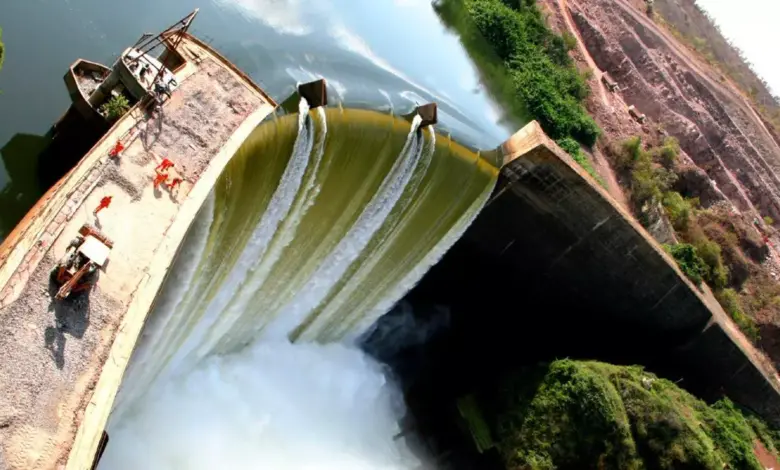The order comprises all electrical and mechanical equipment, including the installation of four Francis turbines with an output of 530MW each, an additional Francis turbine with an output of 52MW, generators, control and auxiliary systems, alongside a customised training concept.
The hydropower plant, located on the Kwanza River, is around 250 km southeast of Luanda and pilot tests have been recently completed. With a total capacity of 2,172MW, Caculo Cabaça will be connected to the grid before the decade is out and will mean around two-thirds of Angolan energy will come from hydropower once it is commissioned.
“We are absolutely delighted to be contributing to this milestone project on the African continent,” remarked Toralf Haag, Voith Group CEO. He added that this important project will be coordinated from Heidenheim, where most of the value creation will be generated at the company’s headquarters. This makes the project execution challenging from both a technological and logistical perspective. The experienced team of experts has therefore been preparing the work meticulously for several years now.
This project will continue the company’s proud, over 90-year history of helping to deliver hydropower facilities across Africa. In Angola, the company is already a familiar name due to its supply of equipment for the Cambambe I and Cambambe II hydropower facilities.

In this context, the company has indicated that the training of local skilled works has always been vital. For Caculo Cabaça, a six-stage training concept has been developed for regional workers, which also provides for the operation of a training centre in Angola. The company will continue to support the project beyond the commissioning stage, to ensure smooth operation in the long term.
“We see ourselves as a partner for sustainable project implementation and provide support to plant operators and governments, from joint project development to the training of personnel,” commented Tobias Keitel, president and CEO of Voith Hydro.
A unique financing concept
Voith arranged a long-term, tailored financing package with attractive terms and conditions for the Republic of Angola. This was implemented with the support of the German Government and the specialists at Euler Hermes, through export credit guarantees, and a German banking consortium headed by Commerzbank and UniCredit.
Especially in times of constrained budgets, the programmes offered by the German Foreign Trade and Investment Promotion Scheme are particularly important for government clients in Africa. This allows long-term and sustainable financing of the investment sums for infrastructure projects of this kind. The order volume for Voith amounts to more than US$1bn.
A major milestone
According to Voith, the project is a milestone for Angola on its journey to a broader and more stable energy supply for society and industry. Currently, the existing electricity supply reaches around half the population, meaning that many people, mainly outside the large cities, still do not have access to electricity. This is despite the fact that Africa has a huge hydropower potential that has not yet been tapped.
Caculo Cabaça is an excellent example of how a regional power supply can be expanded sustainably, efficiently, and with low emissions. The additional electricity generated in future will among other things help to replace ecologically unsound and unsustainable energy sources and supply energy to regions that have not been covered to date.
Above all, however, the availability of power will improve important infrastructure facilities like hospitals. In addition, the surplus energy that is expected to be produced is set to be offered to neighbouring countries, which will in turn boost Angola’s economic development. Moreover, during the main construction period, around 7,000 jobs will be created for workers in the region.


